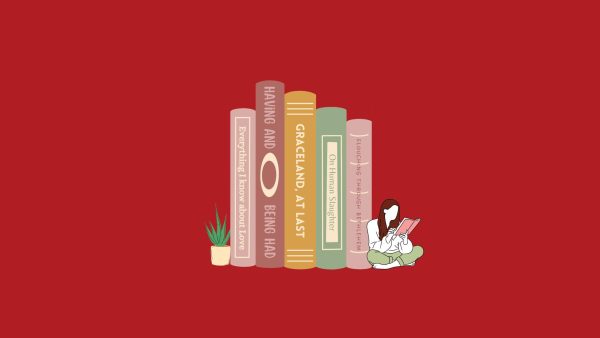Cash Conscious: Credit cards do have high points
September 11, 2012
In August 1999, I stepped foot on Western’s campus as a freshman and I saw something my first week that students won’t see today. Credit card companies had booths setup across campus and were eager to give students all kinds of freebies such as T-shirts, hats and magazine subscriptions. That is, only if they signed up for a credit card.
Sure, it was a predatory attempt to pile the young and naïve with a mound of debt, but after Congress passed the Credit Card Responsibility and Disclosure Act of 2009, those sharks had to move to other waters. This gave students time to decide if they really needed that shiny piece of plastic.
So, how do you decide if a card loaded with borrowed money is right for you? Today this column will tackle that big question by looking at it from all angles, starting with what a credit card truly is and the positive aspects of holding one.
Service One Credit Union’s Campus Branch Manager, Mary Carrell, said a credit card is a type of loan called revolving credit. This line of credit can be spent now but replenished later by paying back the owed amount plus interest.
Establishing credit history is the main reason why students should consider getting a credit card. By doing this, you’ll set up a credit score, which could help or hinder you after college.
If your credit card is used frequently and the bill is paid on time, then your credit score could grow exponentially. If you use your card a lot and spend more than what you can pay back, then you’ll have a poor credit score.
Basically, a good credit score could help when making important purchases.
“When you get out of college, you’ll be wanting to buy a car . . . or get a house,” Carrell said. “Also, there’s some employers who will look at your credit report and credit score when they are looking to hire.”
Although lenders want to know how well you handle the wide range of credit out there, employers are looking for something different. If you’re pursuing a career where you’ll be handling some aspect of the company’s money, they want to know how you manage your own finances. It’s a reflection on how well you’re going to be handling their finances.
Another advantage of credit cards is the reward programs. These can range from earning points toward future purchases, receiving double airline miles, getting a percentage of your cash back and more. Nearly every credit card company has them, so scout around and do the research to see which one is right for you.























